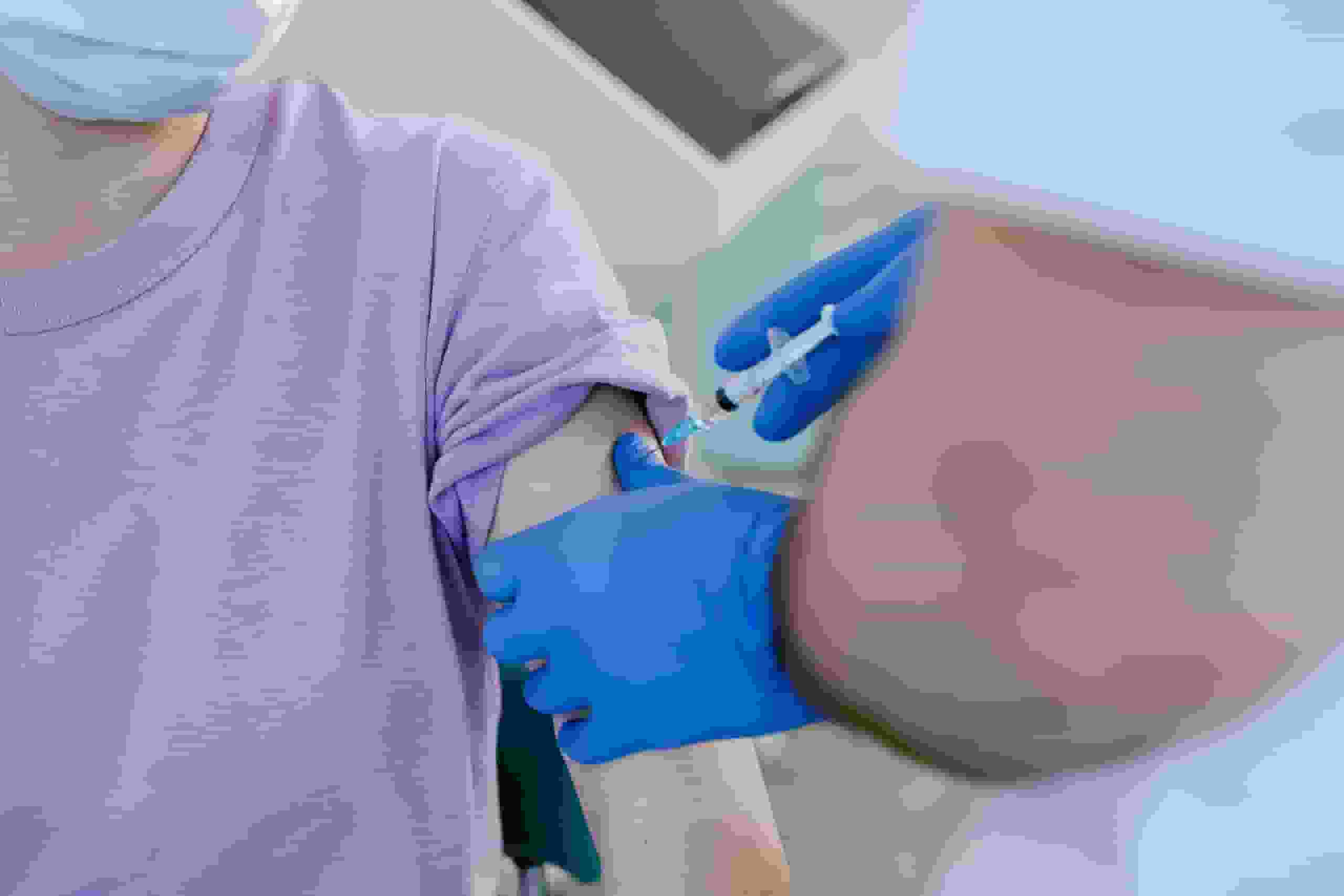
The new COVID-19 vaccine produced by scientists at the CNB-CSIC appears to protect against brain infection and coronavirus-related neurological symptoms.
Although the disease of the respiratory system is the primary consequence of COVID-19, many patients also exhibit significant neurological symptoms, including anosmia, headaches, malaise, cognitive impairment, epilepsy, ataxia, and encephalopathy, among others.
Nasal COVID-19 Vaccine
However, this effect of the coronavirus on the neurological system has not been documented in detail, and it is unknown if the COVID-19 vaccinations block the transmission of SARS-CoV-2 to the central nervous system and protect against brain injury.
Neuropathological alterations such as neuronal loss, glial activation, and vascular damage have been observed as a result of the evolution of viral infection in various brain regions, with viral replication occurring primarily in neurons and causing neuropathological alterations such as neuronal loss.
Once the pattern of SARS-CoV-2 infection in the brain was determined, the researchers tested the efficiency of the COVID-19 vaccine created at the CNB-CSIC. To accomplish this, scientists vaccinated mice with one or two doses of the MVA-CoV2-S vaccine, based on the modified vaccinia virus Ankara (MVA) expressing the spike (S) protein of SARS-CoV-2, and evaluated the vaccine’s capacity to prevent illness and brain injury.
Even after a re-infection with the virus, a single dose of the MVA-CoV2-S vaccine entirely prevents SARS-CoV-2 infection in all examined brain regions and protects against the brain damage associated with the infection. This reveals the high efficacy and immunogenic potency of the brain-sterilizing vaccine.
The Pfizer-BioNTech and Moderna mRNA vaccines have performed a significant contribution to avoiding COVID-19-related deaths and serious illnesses.
However, scientists are still in the process of discovering various approaches to vaccinations in order to improve their efficacy, including administration methods. Michael W. Russell, an immunologist, and microbiologist at the University of Buffalo discuss how nasal vaccinations function and where they are in the development pipeline.
Read more: New COVID-19 Omicron subvariant XBB.1.5 is most transmissible, warns WHO
Efficacy

Vaccines can be administered through the mouth or nose via mucosal methods. This triggers an immunological response through sites that stimulate the mucosal immune system, resulting in the production of SIgA antibodies through mucosal secretions.
The majority of known mucosal vaccinations are administered orally. Currently, only the influenza vaccination is administered nasally.
In the case of nasal vaccines, the viral antigens intended to excite the immune system would be picked up by immune cells in the nasal lining or tonsils.
Researchers believe nasal mucosal vaccinations function similarly to oral mucosal vaccines, despite the fact that the precise mechanisms by which nasal vaccines function in humans have not been exhaustively investigated.
Antigens in the vaccination trigger the maturation of B lymphocytes in mucosal locations into plasma cells that release IgA. This IgA is subsequently carried throughout the body’s mucosal secretions, where it is transformed into SIgA.
Read more: COVID-19 : How our body stay healthy with better vitamin D level?

